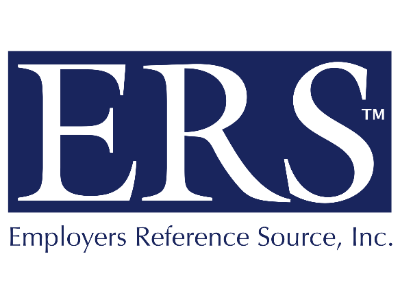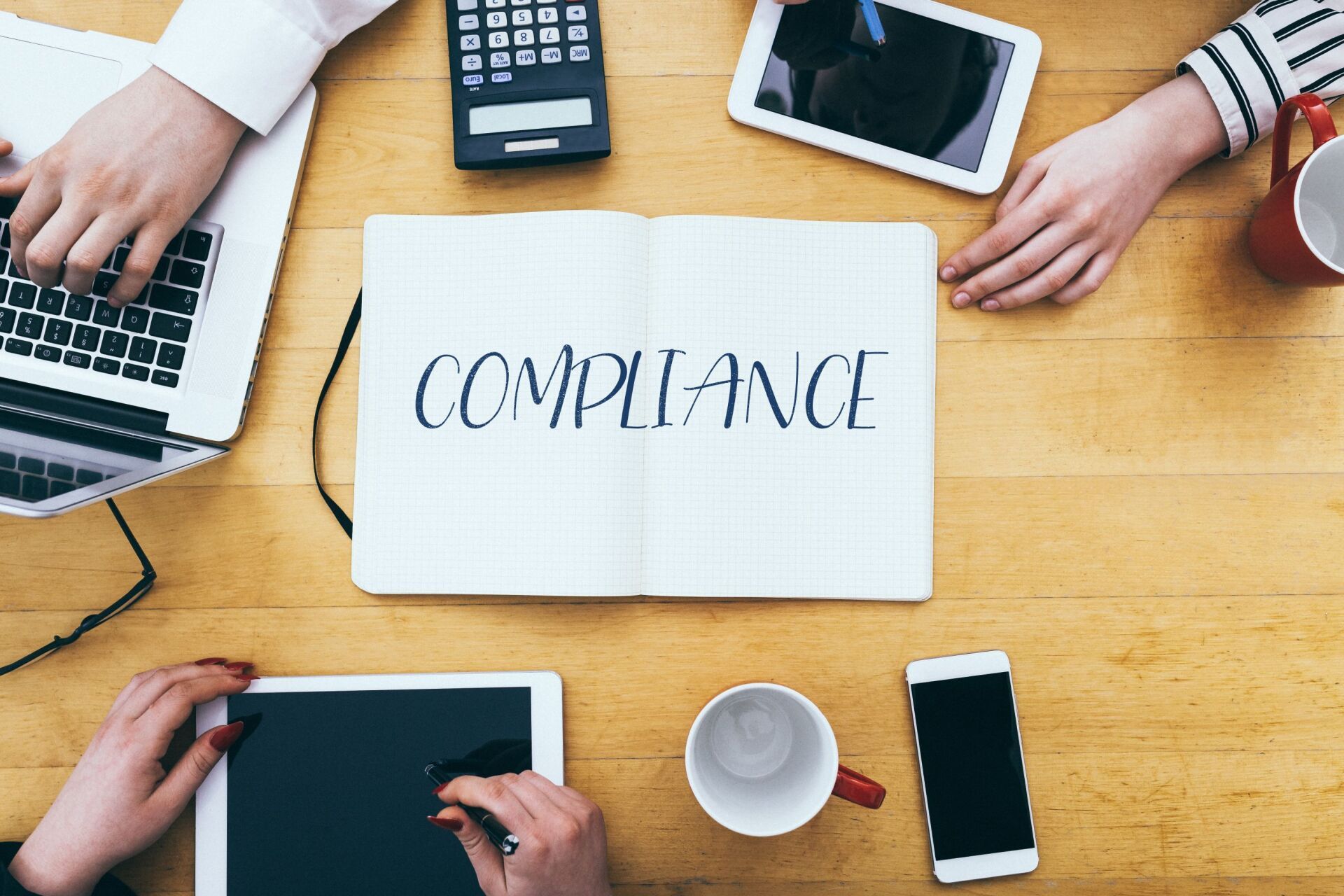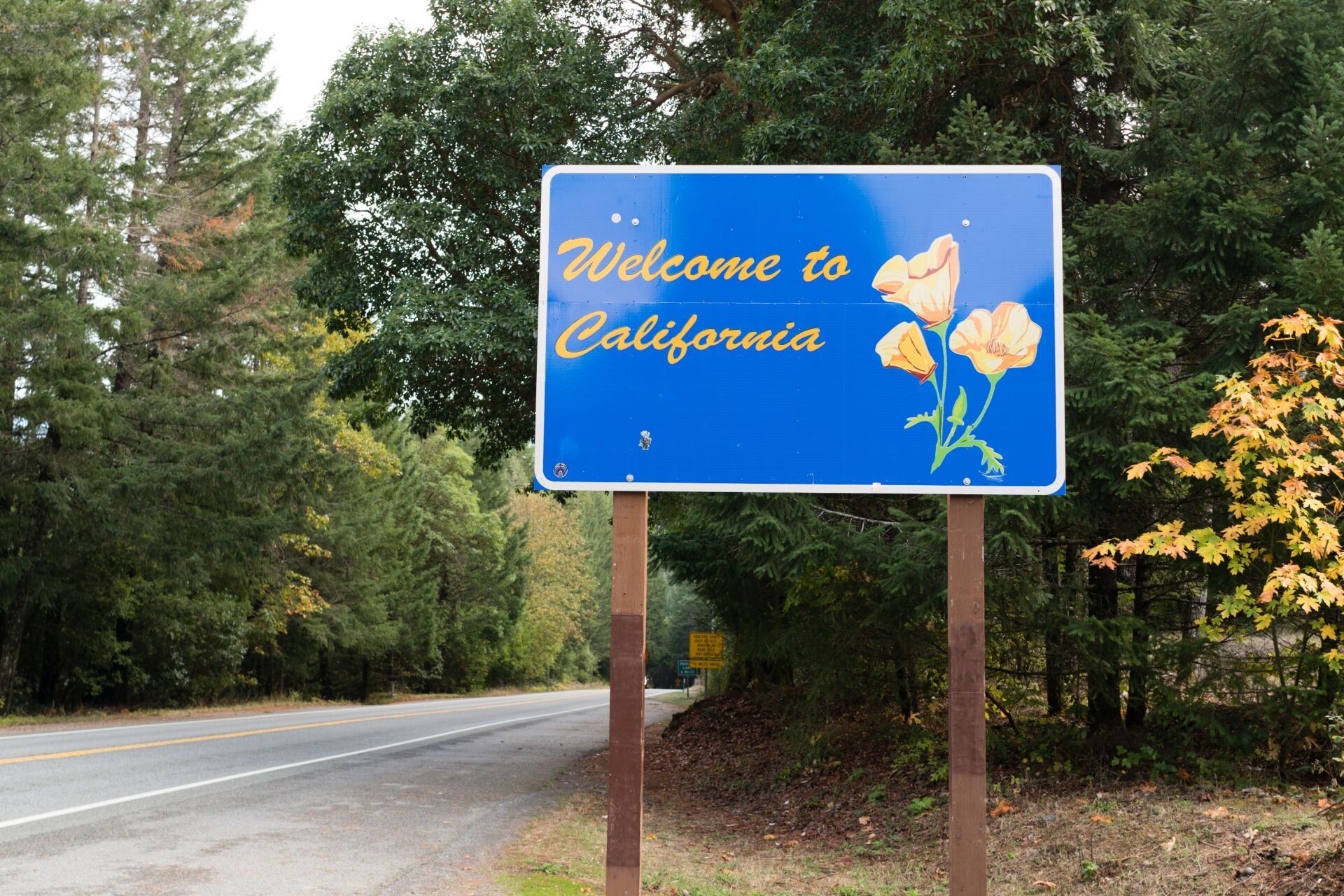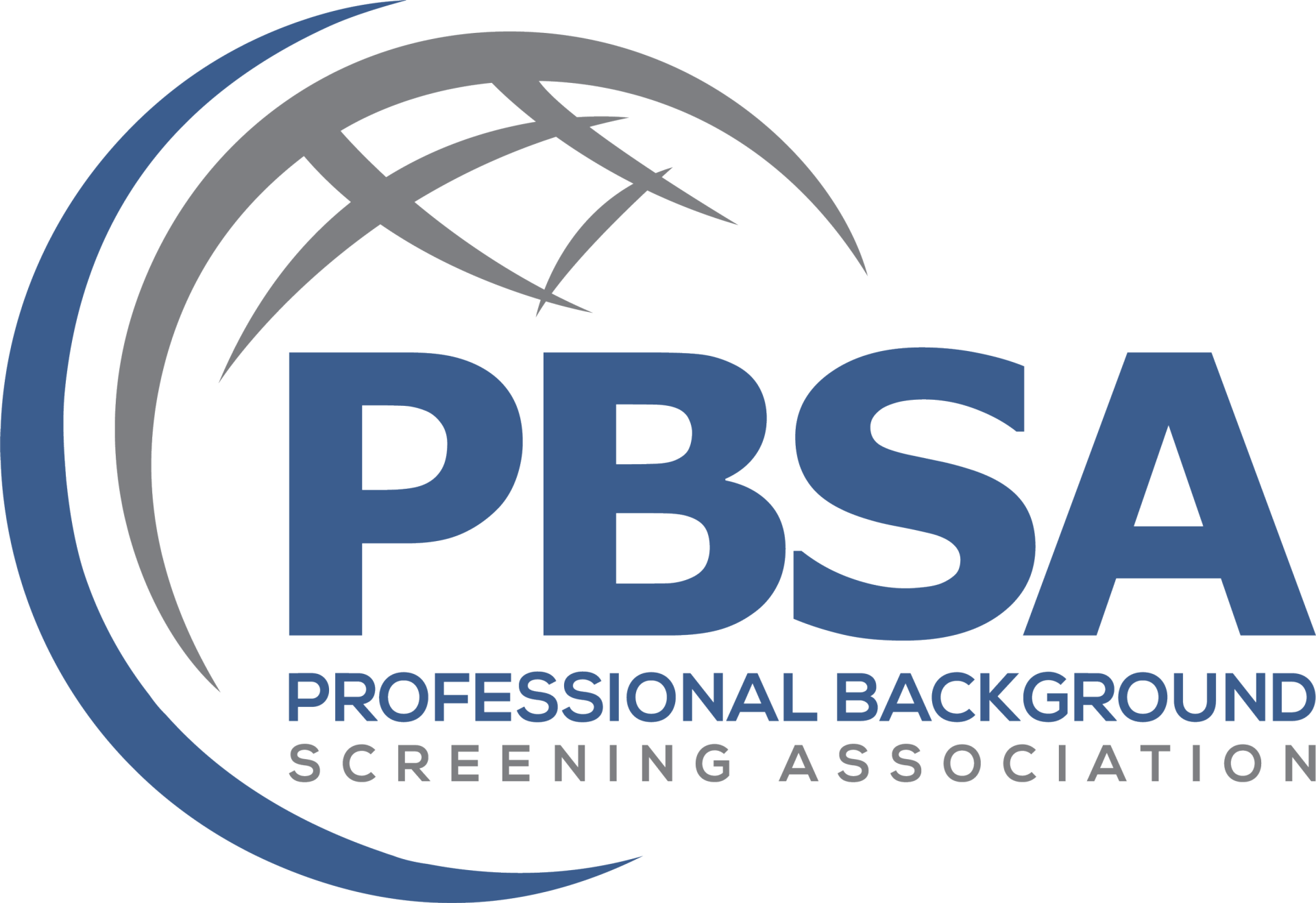How Long Should a Background Check Take?
Between the hiring challenges of the Great Resignation, supply chain issues, and pandemic-related scheduling, it often seems like everything is running behind. Nearly all employers recognize the importance of performing background screenings on potential and current employees, but many worry it will take too long. Rest assured, we typically return results for the average background check within 24-72 hours, though some checks may take a bit longer, depending on a number of factors beyond our control.
Timing for Typical Background Checks
Most background check results go smoothly and are available in a day or so, reflecting the time it takes to accurately verify the details provided and to ensure we collect and report information in compliance with federal, state, and local laws and regulations. With over 300 million people in the United States alone, accurately identifying individuals is critical.
What Slows Down Background Checks?
A number of factors can slow the background check process, with some of the most common being:
Communication. Whether it's the time taken by sending the notification and response for a credit check as required by the Fair Credit Reporting Act (FCRA), the Drivers Privacy Protection Act, or another communication delay, the time spent waiting for responses from other individuals and agencies can delay screening results.
Inaccurate Information. From typos to deliberate misrepresentation, incorrect information about an individual being screened can complicate and slow down the screening process.
Record Requests. When records must be requested from court systems, employers, educational institutions, and other agencies, their volume of work and ability to efficiently retrieve and forward information can hold things up on our end, too.
Facility Limitations. Courts, government agencies, drug and health testing sites and other facilities all have fluctuations in hours, unexpected closures, and staff availability to respond to screening data requests.
Content of Request and Location. Finally, some requests are simply more complicated and require a little longer to perform with the accuracy required. For example, correctly identifying records for a Joe Smith in New York may take longer than for someone with an unusual name in a small town. Consulting international records can also increase reporting time.
At Employers Reference Source, Inc., we offer industry-leading background check services backed by decades of experience and our commitment to accuracy and efficiency. Contact ustoday and take advantage of our full lineup of screening solutions.










